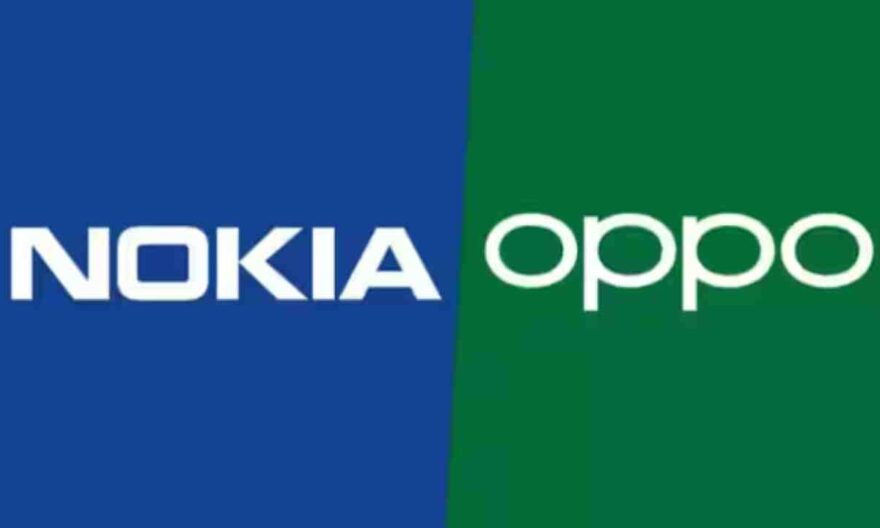
The Delhi High Court recently passed an interim order in favor of Nokia, the mobile manufacturer, in its patent infringement dispute against Oppo, the Chinese smartphone manufacturer.
The court directed Oppo to provide a security payment within four weeks, which would amount to 23% of the “last paid amount” under their 2018 license agreement. This decision was based on the fact that India contributes approximately 23% of Oppo’s global sales.
The division bench of Justices Manmohan and Saurabh Banerjee passed this order on Nokia’s appeal, overturning the judgment of the single-judge who ruled against Nokia’s request for interim relief.
The court stated that the judgment contradicted the facts and established legal principles, considering Oppo’s status as a former licensee, acknowledgment of Nokia’s patents in their phones, willingness to renew the 2018 agreement, and the ongoing proceedings in a Chinese court to determine a FRAND (Fair, Reasonable and Non-Discriminatory) rate. The court allowed Nokia’s appeal and set aside the previous order.
In addition, the court directed Oppo to deposit the “last paid amount” attributable to India, which is 23% of the undisclosed sum, within four weeks. The court clarified that these observations only apply to the current appeal and will not prejudice either party in other proceedings or the final hearing of the case.
Nokia argued that Oppo had obtained a license for using Nokia’s Standard Essential Patents in 2018, but it did not cover patents related to 5G standards. Since a significant portion of Oppo’s sales in India and globally consisted of 5G devices, Nokia claimed that a new license fee would be considerably higher.
According to Nokia, after the expiration of the 2018 agreement, Oppo experienced a substantial increase in device sales in India, selling around 77 million devices from July 2021 to December 2022 without paying any royalties to Nokia. Despite Nokia’s efforts to negotiate a new license agreement, Oppo refused to cooperate.
On the other hand, Oppo contended that a patent holder cannot seek an interim or permanent injunction as a matter of right in Standard Essential Patent matters. Oppo claimed that Nokia was already secured by bank guarantees exceeding the 2018 agreement, which covered global sales, including those in India. Oppo argued that Nokia should not pursue multiple claims in different jurisdictions to cause financial pressure.
After considering the case, the court concluded that a prima facie case of infringement existed against Oppo and that the 2018 agreement did not cover non-standard essential patents. The court noted that out of the 13 proceedings filed globally between the parties involving the same Standard Essential Patents portfolio, 11 courts found infringement established and five courts determined Oppo to be an unwilling licensee.
The court also affirmed that Indian courts have the authority to issue pro-tem orders when the circumstances require them. Such orders aim to balance the equities between the parties temporarily and do not prevent the manufacture and sale of infringing devices. The court emphasized that pro-tem security orders do not confer an advantage on Nokia but rather balance the advantage an implementer has over a Standard Essential Patent holder.




